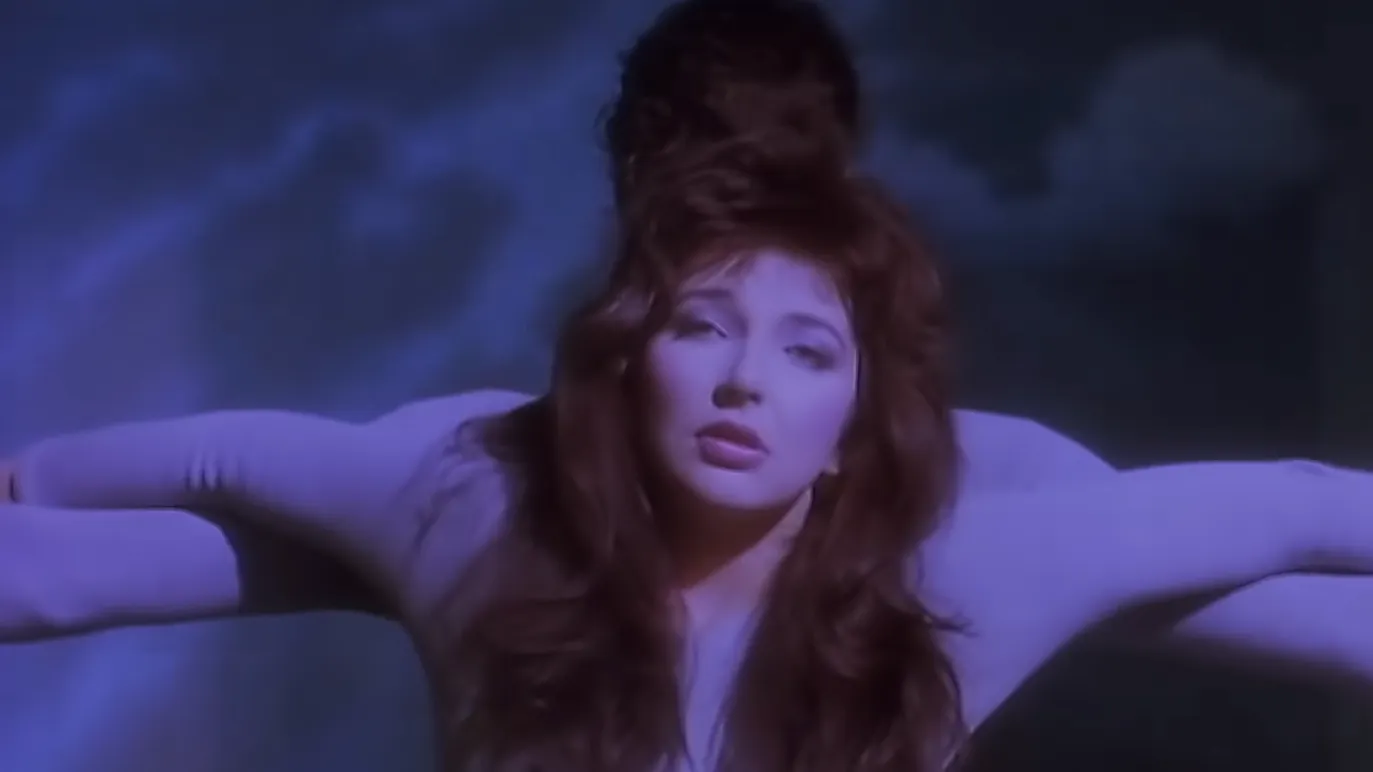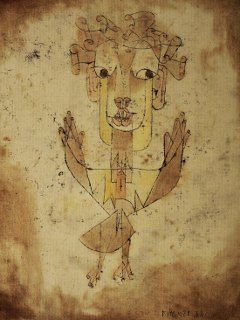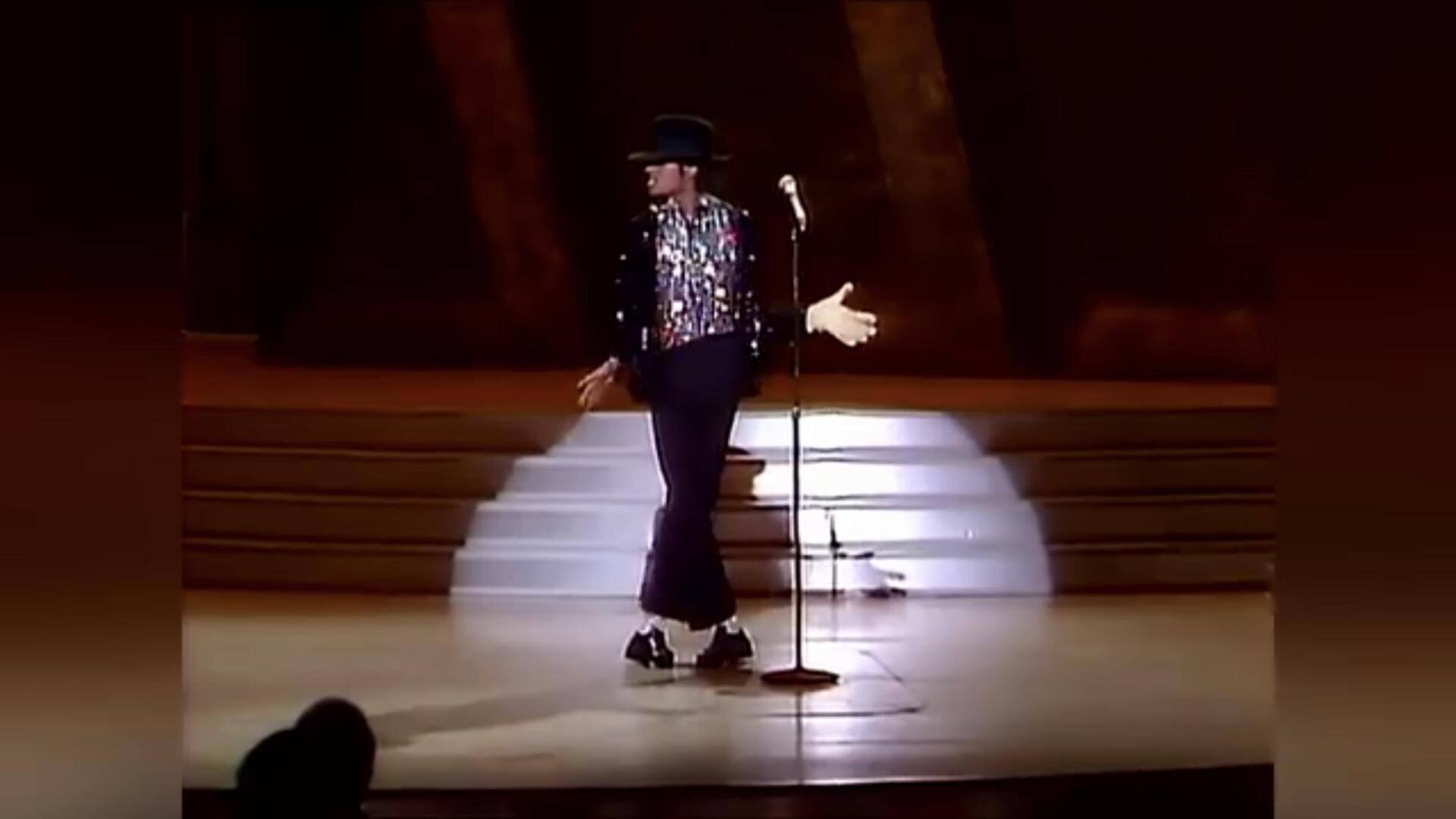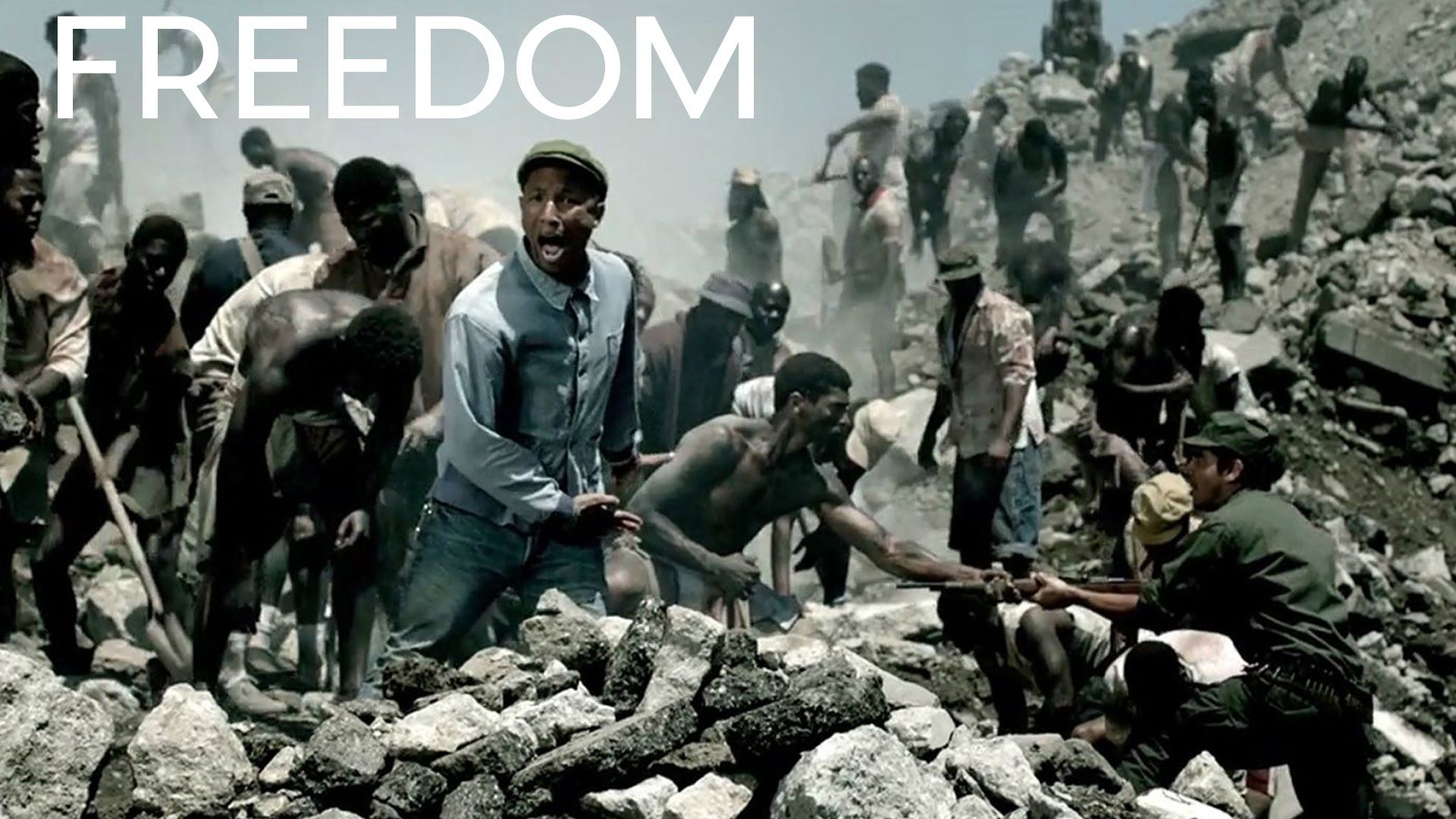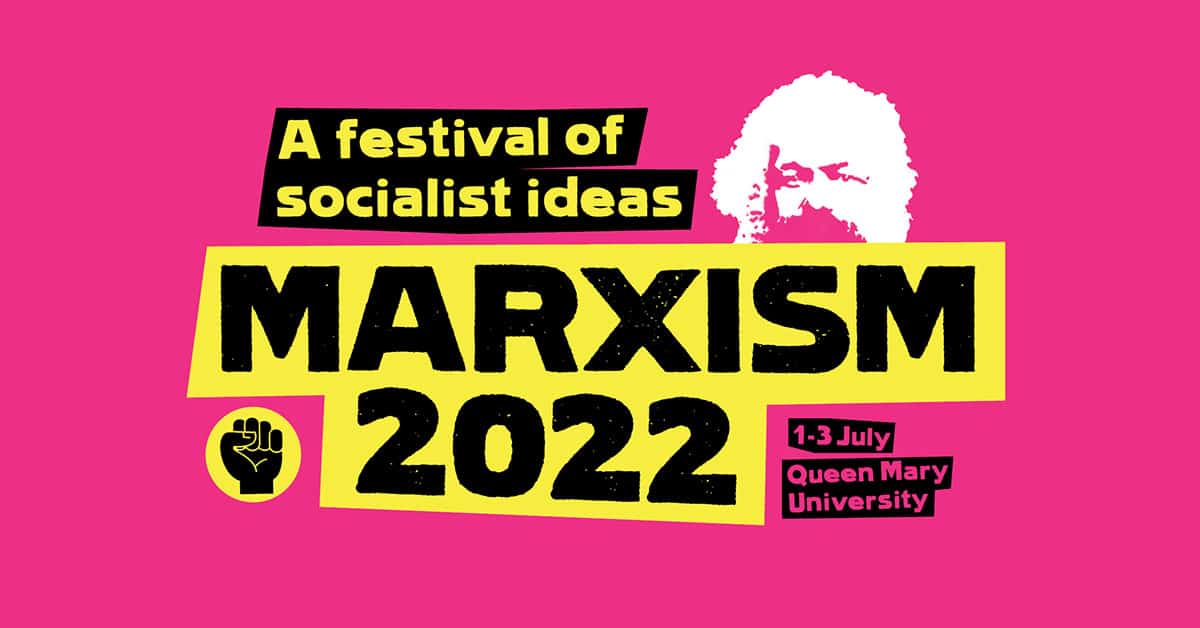Trains of Thought
Cultural Theories of Speed and Solidarity

Problems of Self-Will and Representation in Dostoevsky’s The Double
“Starting from unlimited freedom,
I arrive at unlimited despotism.”
—Shigalev, Dostoevsky’s The Devils (1871)
The field of comparative literature has experienced a gradual fall of referential definitions that have traditionally defined its structures, a task in which John Ellis took part in 1974. Ellis takes issue with the reference theory of meaning—for our purposes, the search for a definition through the canonical use of texts described by the word ‘literary’. This passé definition functions by abstracting literature beyond the scope of use-value in the present, wherein literary devices are isolated and measured against a canon of references. Proceeding from this central objection, Ellis names three former cruxes of literature guided by reference theory: specific literary ingredients, literary organization of linguistic materials, and authorship by literary authors.[1] While this outdated criterion confirms the historical, constructed character of literature, Ellis objects specifically to its overly simplified adherence to a set of forms dubbed, rather exclusively, ‘literary’. The shift Ellis elaborates echoes a claim of Tzvetan Todorov’s some years later in 1990, as he argued that literary classification has proceeded from an autonomous criterion of beauty to that of style, and finally settled on structure.[2] Proceeding from the observance of patterns to ascribe literary systems with categorical qualities inevitably preponderates certain sets of rules—the object of which is? Literature, defined by its literariness. The rules of literary language, Todorov contends, are self-referential and define their own accessibility and terms of engagement against, say, more readily conversant scientific language.
In other words, this revolution in literary composition centers on a text’s ability to self-organize, self-systematic, and self-define as literature in response to exclusive standards of artistic production and structure typically engaged by experts. It has yet, however, to significantly engage the assumption of the autonomous agent central to this structure. Per the third point of reference theory, defining a structure is a task affected by an author, the autonomous figure whose being undertakes the literary craft through its presence in literature, and thus commands the power of objective clarity. This is tantamount to creative liberty over literary structure. Notions of freedom, both for the author and the characters within a literary system, depend upon a sense of essential subjecthood which necessarily dictates the parameters of its engagement with the world. Seldom does the agent rise to challenge its autonomous singularity, but such a dialectic can arise beyond the scope of one’s self-imposed dictums; it is only the intensities behind the intention that truly overwhelm the power of ontological unity.
Challenging this premise of textual structuralism and flaunting literary criteria of his day and of ours is Yakov Golyadkin, the hero of Fyodor Dostoevsky’s second novel, The Double. As Dostoevsky’s first dramatized confession, The Double follows the reasonably comfortable Golyadkin as he attempts to endear himself to the social world of St. Petersburg. The maladaptive Golyadkin both desires and hates the affirmation of his larger world, and by way of a tumultuous inner conflict fails to represent his own other world properly. The story of The Double recounts his attempt to do without the other and their recognition, in an attempt to assert the extent of his own self fully.[3] But when Golyadkin meets a man who looks exactly like him, yet possesses all of the social finesse he lacks and usurps Golyadkin’s identity by virtue of his successes, the novel’s basic distinction of agency and representation breaks down. As this double takes over his life, Golyadkin’s powerful association of self-will leads to first the undoing, and later the wholesale destruction of his own autonomy and subjectivity as he is taken to an asylum and the double fully supplants him. Dostoevsky’s novel offers a representational failure that cannibalizes its original source by compromising the nature of the autonomous subject, which is unbarred—at once more than one and double.
As Dostoevsky’s second novel, The Double followed the astonishing success of its predecessor, Poor Folk. The author’s debut novel had quickly endeared him as something of a genius to Russian literary circles for its powerful grasp of realism, expressed through poignant renderings of everyday people’s lives and the suffering bound up in the grip of its dour reality. The foremost critic of the day, Vissarion Belinsky, lauded Dostoevsky’s critical portrayal of the St. Petersburg bureaucracy and wrote to him in the spring of 1845 that:
“This is the mystery of art, this is the truth of art! This is the artist’s service to truth! The truth is revealed and proclaimed to you as an artist, it has come as a gift. Value your gift, then, and remain faithful to it, and you will be a great writer!”[4]
The Double reflected some of Dostoevsky’s early successes engaging with realist rendering while also serving as a notable point of departure and experimentation. It was undoubtedly influenced by Poor Folk’s reception, but quickly became a more expansive project that saw Dostoevsky break off from his previous exploration of the tensions between poverty and the struggle for self-assertion to focus on the latter theme. Indeed, The Double is widely regarded as Dostoevsky’s engagement with Gogol—its subtitle (A Petersburg Poem) pays homage to Gogol’s Dead Souls and The Double at large is a psychological investigation preceding larger dives into his more well-known psychoethical writing. The novella explores the bounds of human psyche through a critical engagement of subjecthood central to realist styles. Notably particular to the later Dostoevsky is the deployment of doubles, literary figures who mirror the actions and personality of others. Bakhtin noted famously that Dostoevsky’s characters speak in monologues which seem to anticipate the responses of their doubles, and certainly to reflect their influences and advice in speech’s bizarre integration of external consciousness.[5] Readers are more readily drawn to consider this effect amongst doubles within Dostoevsky’s corpus of mature work (Ivan Karamazov and the Devil come to mind most famously) but Poor Folk and The Double constituted the author’s first, and most diametrically opposed, explorations of literary opposites. Per Bakhtin’s point as well, they also began to incorporate the effects of doubling into dialogue. While Poor Folk is famed for its interplay between two doubles, second cousins Dobroselova and Devushkin, The Double follows Yakov Golyadkin, a titular consular or low-level bureaucrat in St. Petersburg, who finds his double in a man who looks exactly like him (referred here and in the novel as Golyadkin Jr.)
Before dealing with Golyadkin Jr’s physical presence as Golyadkin’s double, it is worth noting that prior to his double’s arrival Golyadkin maintains this same speech pattern in preempting himself. Central to his task of self-assertion is an attempt to do without the other, but from the novel’s beginning it is clear that for Golyadkin, merging his inner voices in the face of integral plurality is effectively impossible. He loves to speak at length about his love of being quiet, he does not hesitate to ponder his ‘many enemies’ before deciding he is incapable of facing them, and cannot decide how to comport himself or present himself even to his servant. This, to some extent, reflects his precarious social position. Prior to his double’s arrival Golyadkin is both ill-suited and comfortable within the Petersburg bureaucracy. Joseph Frank describes him as having “climbed high enough on the social ladder, at least in his own estimation, to aspire to climb a bit higher; he is suffering not from grinding poverty but from ‘ambition.’”[6] Privately, he is quite taken with his own financial suitability but feels out of place amongst his colleagues and his social world, all of whom only deign to recognize him in order to mock him. Particularly, Golyadkin is torn between his desire to spend money and live in a manner he believes himself entitled to whilst evidently unable to socially exist in such a world. His doctor suggests he leave the house and assert himself socially, but Golyadkin finds himself averse to complex social rituals, or carefully plots to achieve his desires only to suddenly sabotage his own efforts. This indicates an abiding discomfort with ambiguity; after embarrassing himself at a party Golyadkin retorts to his deriders that he “[dislikes] roundabout paths and masking [himself] only for masked balls… [I am] who does not see the direct destiny of man in the dexterous skill of polishing the parquet with their boots.”[7]
The party proves too much for Golyadkin: spurned by his colleagues and unable to reconcile his inner plurality to himself or to his social world, he flees into the night onto to encounter his double, who appears at his office the next day at the opposite desk from him (no one observes any resemblance between them). The two initially become friends, and Golyadkin is thrilled to realize some measure of totality in himself that brings meaning to his life.
“You and I, Yakov Petrovich, will live like fish in water, like two brothers; we, my friend, will be clever, we’ll be clever together; for our part, we’ll conduct an intrigue to spite them…to spite them we’ll conduct an intrigue. And don’t trust a one of them. I know you, Yakov Petrovich, and understand your character; you’ll just up and tell all, you truthful soul! Keep away from all of them, brother.”[8]
However, Golyadkin Jr. quickly abandons Sr. and uses his social skill and erudition to charm his way into the hearts of Golyadkin Sr’s colleagues. Seeing himself, in a way, achieve his desires drives Golyadkin Sr. insane, and the novella ends as he begins to see more and more doubles of himself before being dragged off to an insane asylum. Nothing is alien, nothing is familiar. Amidst this curious ending, and certainly in contrast to Poor Folk, The Double has sustained a confused and sporadic literary reception. Frank argues that its poor reviews may have led to Dostoevsky’s political radicalization and subsequent exile to Siberia.[9] While the novel is clearly sustained innovations on Gogol critics have hounded it for being at worst a simple plagiarism of style and content.[10] But this largely historical point has evolved into a larger debate about the novel’s literary quality, with many critics regarding the novel as unreadable in its hopelessly fragmented, rambling state. The failure of the Dostoevsky novel to be fully representative is affected by the oddly circular singularity of the double in Golyadkin—or simply, the expansiveness of a self we cannot understand as singular. His desires have always been his and have already been expressed in anticipation of a coming agent able to fulfill them. Yet when a Yakov Golyadkin gains access to his long-denied social circles and attains the respect of his fellows, it is not Yakov Golyadkin who enjoys this. Dostoevsky makes it clear that Golyadkin suffers from hallucination, but the failure nonetheless raises questions about the relation of such a cannibalistic self-expression of the protagonist to a text’s literariness.
The Double disrupts classical models of literary representation because it usurps the author’s powers of self-awareness and the ability to reflect circumstance—and bestows them unto the hero. Dostoevsky had gained widespread acclaim in his previous novel for his ability to attend to a sense of realism, to accurately and deftly portray the tumult and suffering in the lives of ordinary peoples, notably through protagonists that function as doubles. In this way, he as the author manages to dispel a sense of objective dictation onto ontologically clarified characters, whom we nonetheless cannot help but understand through their doubles that confront them. Meanwhile for Golyadkin, the protagonist has acquired, in his case, the fullness of the author’s descriptive power and eye for the objective. This, notably, occurs before the emergence of Golyadkin Jr, who formalizes a total breakdown of ontological stability—a grasp of realism assumed to be negotiated by the author and bestowed upon characters through nimble and balanced subjectivities. As Bakhtin opined, The Double affects a small-scale Copernican Revolution in character subjectivity. It was through being himself, his pure self, that Golyadkin destabilizes the social world of the novel, compromises its autonomous singularity of the subject, and daringly challenges an author’s monopoly on preponderating objectivity in classical and contemporary literary forms.
16 January 2022
[1] John M. Ellis,
The Theory of Literary Criticism: A Logical Analysis (Berkley, Los Angeles, and London, University of California Press: 1974), p. 26-27
[2] Tzvetan Todorov, Genres in Discourse (Cambridge, Cambridge University Press: 1990), p. 5
[3] This is a major theme of Dostoevsky’s in later works, notably Crime and Punishment’s Raskolnikov. Like many of Dostoevsky’s well-known themes, the crisis of self-will is seen firstly in The Double as the author continues to develop and generate the particularities of his own style.
[4] Fyodor Dostoevsky, The Double and the Gambler (New York, Vintage Classics: 2007), p. 8
[5] Mikhail Bakhtin, Problems of Dostoevsky’s Poetics (Minneapolis, University of Minnesota Press: 1984), p. 221
[6] Joseph Frank, Dostoevsky: The Seeds of Revolt 1821-1849 (Princeton NJ, Princeton University Press: 1976), p. 300
[7] Fyodor Dostoevsky, The Double and the Gambler (New York, Vintage Classics: 2007), p. 34
[8] Ibid, p. 71
[9] Joseph Frank, Dostoevsky: The Seeds of Revolt 1821-1849 (Princeton NJ, Princeton University Press: 1976), p. 298
[10] Another source of great influence here (and potentially of plagiarism, depending on the perspective) is E.T.A. Hoffmann, at the height of his influence amongst the German romantics. Dostoevsky read him attentively and was informed by his command of realism.
Trains of Thought | All Rights Reserved
